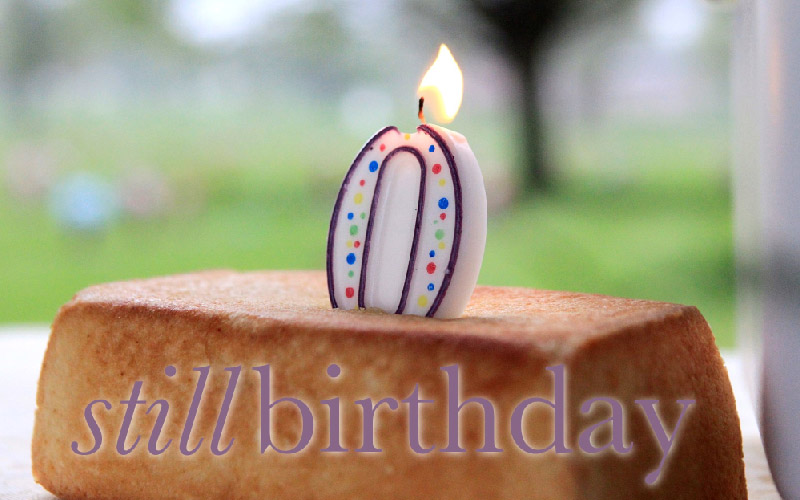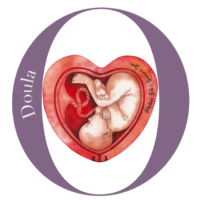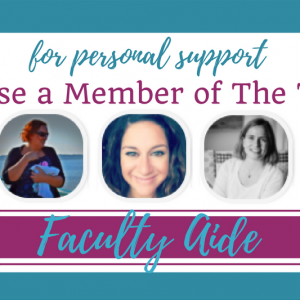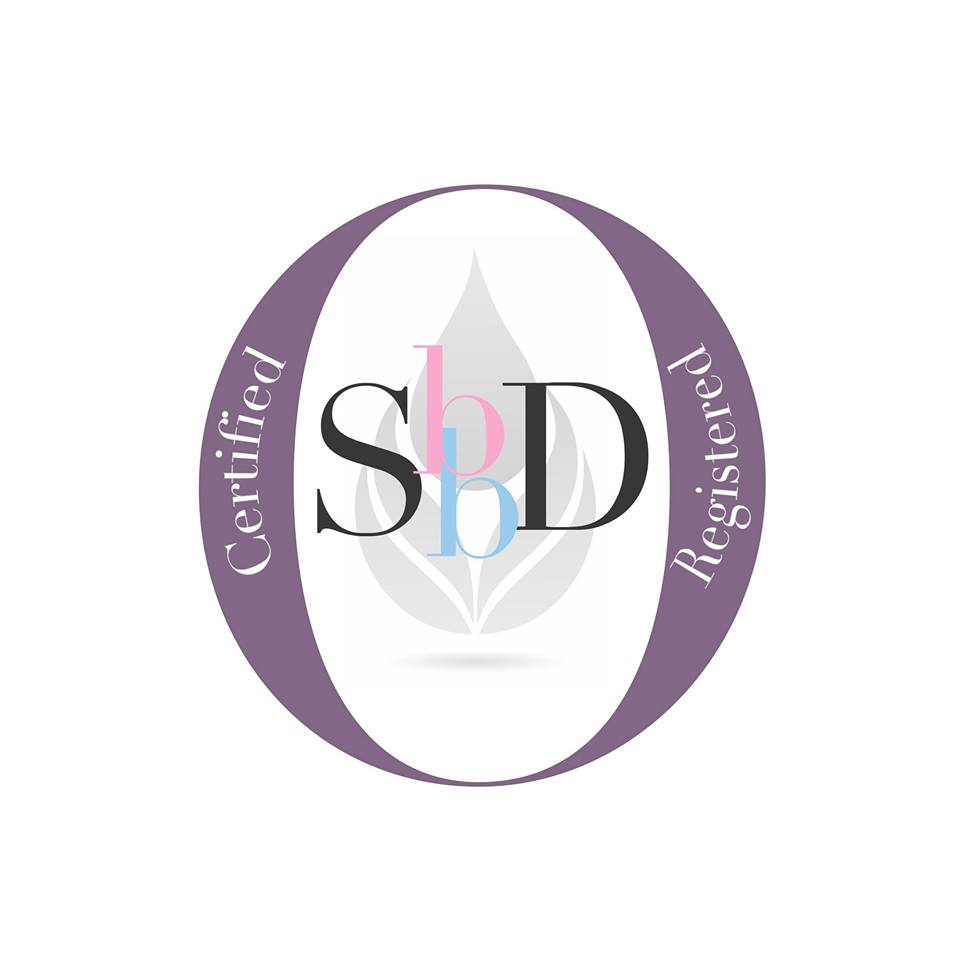The Association for Death Education and Counseling® is an international, professional organization dedicated to promoting excellence and recognizing diversity in death education, care of the dying, grief counseling and research in thanatology. Based on quality research, theory and practice, the association provides information, support and resources to its international, multicultural, multidisciplinary membership and to the public.
The ADEC offers a Lifetime Achievement Award.
This award is designed to honor an outstanding individual in the area of death, dying, grief and loss who has had a national or international impact on the field and has dedicated his/her professional life to the development and improvement of death education, caring for the dying person, and grief counseling.
Nominee must have made a significant contribution to the development and/or understanding of thanatology that historically has and will continue to distinguish his/her work.
Criteria for Lifetime Achievement Award
1. The award may be presented to a deserving individual each year at the annual conference. However, the Awards Committee may also decide not to give out the award in any given year if, in their discretion, there are no deserving candidates nominated. 2. The award can be presented to either a member or a non-member. 3. The nominee must have at least 25 years of service in the field of thanatology. 4. The award may recognize a significant contribution with a definable body of work through one or more of the following:
- theory development
- presentations at professional conferences
- teaching/training
- research
- publications
- professional practice
5. The Lifetime Achievement Award is the only award for which a deceased person may be nominated. 6. The Awards Committee shall determine who receives the award(s) and shall inform the board of their decisions. 7. Candidate must submit the following 1) CV or resumé; (2) 200 word biography, written to highlight the specific award for which they are nominated.
Lifetime Achievement Award Nominating Procedures
- Self-nominations will not be accepted.
- Nominating letters should address the nominee’s qualifications for this award and contributions to the fields of death education, counseling, research and/or caring for the dying.
- THREE (3) letters of support should be included from individuals who are knowledgeable about the candidate’s professional accomplishments.
- The nomination must address the nominee’s qualifications for this award and contributions to the study and practice of thanatology. Material supporting the candidate’s achievements, such as professional articles, publication lists, etc., may be submitted.
- The candidate’s curriculum vitae should be included in the nomination packet.
- In the event that the nominee is deceased, it is the responsibility of the person nominating the individual to provide the necessary information supporting the nomination. In addition, the nominating individual should have contact with a family member or friend who, if chosen, will accept the award.
- ADEC membership not required.
- 200 word biography, written to highlight the specific award for which they are nominated.
*Selected award recipients are strongly urged to attend the Annual Conference, at which the award will be presented. In the event the recipient is not able to attend, he/she is asked to identify someone who will accept the award on his/her behalf. [Those who cannot attend the conference may be held over as a nominee until the following year. Special exceptions for illness or disabilities will be at the discretion of the Awards Committee.]*
Stillbirthday nominates Sherokee Ilse
 From Heidi Faith: The candidate for the ADEC Lifetime Achievement Award must have been engaged in the field for at least 25 years. 2013 marks 25 years since President Ronald Reagan’s Proclamation 5890, but the reason that, 25 years later, we still see such poor awareness and support for families enduring pregnancy and infant loss, is because of the enormous challenges bereaved parents face, to persevere and continue to exhaust themselves in the effort of making change. Sherokee Ilse has trailblazed, kept the torch lit, giving us bereaved families after her the light of encouragement and support we have needed, to find our own way, and to help others after us also find theirs. I am proud to consider myself a colleague of Sherokee’s, to offer similar bereavement training, and I am proud and pleased to nominate her for this prestigious award. She is the first of our community to make it this far. I’ve only been a member of the bereaved community for one year, and I know intimately just how intensely challenging the work of raising awareness and changing social response to loss can be. Sherokee has spent her lifetime validating us. It is an honor to validate her.
From Heidi Faith: The candidate for the ADEC Lifetime Achievement Award must have been engaged in the field for at least 25 years. 2013 marks 25 years since President Ronald Reagan’s Proclamation 5890, but the reason that, 25 years later, we still see such poor awareness and support for families enduring pregnancy and infant loss, is because of the enormous challenges bereaved parents face, to persevere and continue to exhaust themselves in the effort of making change. Sherokee Ilse has trailblazed, kept the torch lit, giving us bereaved families after her the light of encouragement and support we have needed, to find our own way, and to help others after us also find theirs. I am proud to consider myself a colleague of Sherokee’s, to offer similar bereavement training, and I am proud and pleased to nominate her for this prestigious award. She is the first of our community to make it this far. I’ve only been a member of the bereaved community for one year, and I know intimately just how intensely challenging the work of raising awareness and changing social response to loss can be. Sherokee has spent her lifetime validating us. It is an honor to validate her.
THREE (3) letters of support should be included from individuals who are knowledgeable about the candidate’s professional accomplishments.
Please email your letters of support to Heidi.Faith@stillbirthday.com
From the National Health Federation:
There is an old Somali proverb that says, “You can only quench your thirst by lifting water with your own hands.” When Sherokee Ilse’s son Brennan was stillborn some 26 years ago, she and her husband David found themselves alone and unaware of how to say hello and goodbye at a time of crisis and deep pain. There were no pictures, no crib card, no lock of hair, no family members invited to even see him, and no burial – just a void, though they barely remember the five minutes they held him. To them, and especially to Sherokee who had carried Brennan in her womb for nine months, while the staff was kind-hearted, the decisions she and David unwittingly made quickly became regrets that haunted them. They were stunned to discover that this lack of “wise” guidance was routine in hospitals throughout America.
A “Mission Driven” Woman
The regrets over this occurrence haunted Sherokee to such an extent that she decided to make it her mission to change the climate of care. Describing herself as a “mission driven” woman, Sherokee wrote a book in 1982 – her very first – called Empty Arms: Coping with Miscarriage, Stillbirth and Neonatal Death. Written with the thought that it be given to families while they were still in the hospital so that they could make thoughtful decisions at the critical times confronting them, this book proved so popular that it is still in print in a recently updated edition with over 300,000 copies so far.
Six other books and seven booklets on the subject followed her first one. Among them are Miscarriage: A Shattered Dream (1985, updated 2003), Remembering With Love (1992), and Giving Care, Taking Care: Support for the Helpers (1996), all published by her company Wintergreen Press. (Sherokee’s website, with a listing of her books, can be found at www.wintergreenpress.com.)
Sherokee did not just stop with writing, however; she also took her mission on the road – teaching healthcare providers throughout the world in workshops and face-to-face meetings how to care properly for those families whose babies had died, including from miscarriage. The old way was the “football pass” (remove the baby and never let the mother or father see it). More humane and sensible care, in her view, included the need to acknowledge the parents’ grief, take pictures of their babies, create support systems, and very importantly open up their hearts to recognize that this painful experience can last a lifetime.
To Sherokee, teaching people how to deal with this loss through spending time with the baby is important, so that, as she says, “they can say ‘hello’ before they say ‘goodbye,’ which is key. Creating such memories and rituals allows parents opportunities for later conversations with others about their baby and it provides them comfort over time.” Indeed, since Sherokee began her efforts, the climate has fortunately changed for much the better.
Sherokee is – first and foremost – a speaker, giving powerful and moving speeches. Her very next speech will be at the International Stillbirth Conference in Birmingham, England this September-October 2007. And her speaking schedule over the years has led Sherokee to, among other places, most States in the US, and other countries such as Australia, New Zealand, Canada, and Japan. If anything has made her feel good about her own private loss, it is that through her books, writings, workshops, and speeches, she has helped so many others better handle their own pain and losses.
But, at the same time, Sherokee is quick to modestly point out that she is just one of the handful of pioneers who helped to make this change occur. She and these other pioneers literally changed the scenery – hospitals are very different in this respect now. Her own contribution of 26 years of significant travel, as well as the writing of fourteen books and booklets and many articles, gives her pause to realize that one person can make a difference in this World.
Join With an Aptitude for Creating Value
Another example of Sherokee’s “mission driven” personality can be seen in the way that she launched into improving her son’s education. After Brennan’s stillbirth, Sherokee and David had two more sons, Kellan and Trevor. As a former public-school teacher, Sherokee made education a priority in her family. When it became apparent that her sons’ school had different priorities and did not really respect the parents’ contributions, she swooped down on the scene.
Studying the situation, Sherokee immediately saw that the best solution was to create a new school. She invited others to co-found a small country-style school with multiple-age classrooms, character education, and family-oriented policies – a school that focused on traditional reading, writing, and arithmetic, utilizing “the best curriculum in the country,” reports Sherokee. Hill School began twelve years ago with twelve students in the basement of a church and promptly moved to a 115-year-old school building. Today, Hill School nudges the upper limits of its “small is better” philosophy with some 50 students studying in classrooms. The students easily hold their own in comparison with those of any other school.
Over the years, sometimes as a director, a teacher, board member, and all-around “supporter,” Sherokee has seen many young lives that have been changed for the better because of Hill School. Most of that credit, she demurs, belongs to the excellent teachers who shared and carried out the vision of a traditional, family-oriented school that avoids with a passion the latest educational, un-proven trends. Sherokee now just serves on the School Board but helps out in other ways when and as needed. The bottomline: Hill School is prospering and making a real difference in lives.
The Woman Behind the “Drive”
Although born in Michigan, Sherokee has lived most of her life in Minnesota. After graduation from high school in Minnesota, she attended Hamline University in St. Paul where she met her future husband David. They were married in 1974.
A graduate with a degree in education, Sherokee taught in public school but, searching for more challenge, left after four years. She then worked in various capacities – with runaway youth, teaching assertiveness training, and working towards an MBA among other things. But once Brennan died, all of this changed and Sherokee immersed herself instead in her mission.
Another turning point occurred when Sherokee became gravely ill five years ago. With her strong faith in God to support her and her amazing “health conscious” friends, she profoundly changed her diet and supplement plan. Fortunately, as a result of those changes, she completely regained her health so that she could once again lead the active life that she had.
Health and Health Freedom
Although her illness left her, the desire to spread the word to others did not. So, at this stage of her life, Sherokee began yet another mission – to help educate others about traditional natural healing and wellness, and to work towards ensuring that all alternative health practices remain available to people in America and around the world. During the past four years, she has progressed greatly in learning as much as she can about natural, traditional healing.
This includes spending time at the Minnesota State Capitol fighting for education and health-freedom. Sherokee recounts that “She first got into this whole arena trying to fight for better education only to realize that it is all interconnected, whether it’s education, environmentalism, or health. For us to preserve our education, freedoms, and our health, we have to stay alert and stand up for our rights.”
It was my good fortune in the Fall of 2005 to meet Sherokee standing up for those rights while we were both attending a health-freedom conference in Minneapolis, Minnesota. Being the generous persons that they are, Sherokee and David even let me stay with them at their home outside of the city during this trip. Sherokee joined the National Health Federation at this time.
Then, the following year, at the Fall 2006 health-freedom conference held that year in St. Paul, Minnesota, Sherokee and I worked together to help develop the International Declaration of Health Freedom. It was there that I began to really appreciate the sharpness of the political and organizational skills shown by Sherokee, skills which had obviously been honed to a fine edge over many years. With such talent and passion, she was an obvious choice, then, when it came time to nominate persons for election to the NHF Board of Governors, a position she now holds.
And, to think, this all started when she decided to do something about a private, personal loss – to quench her thirst with her own hands, as the Somalis would say.












